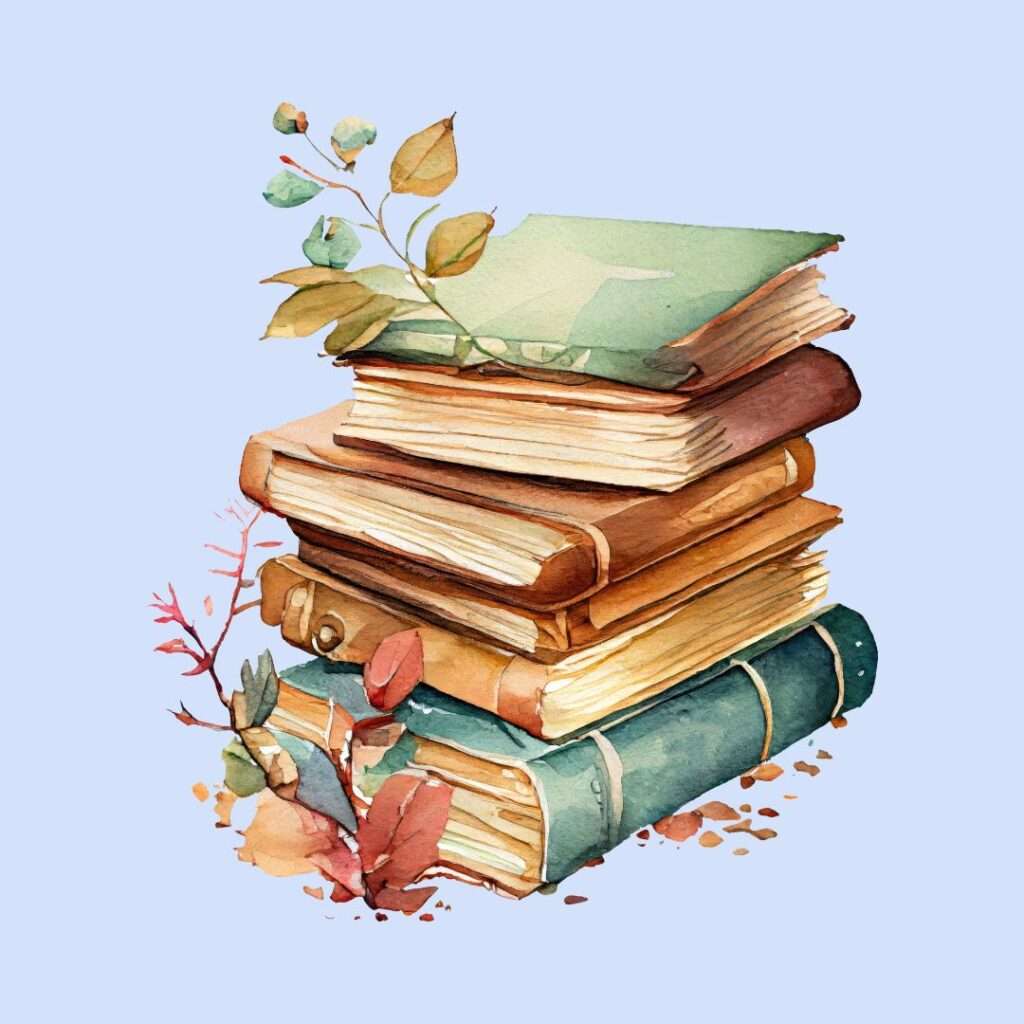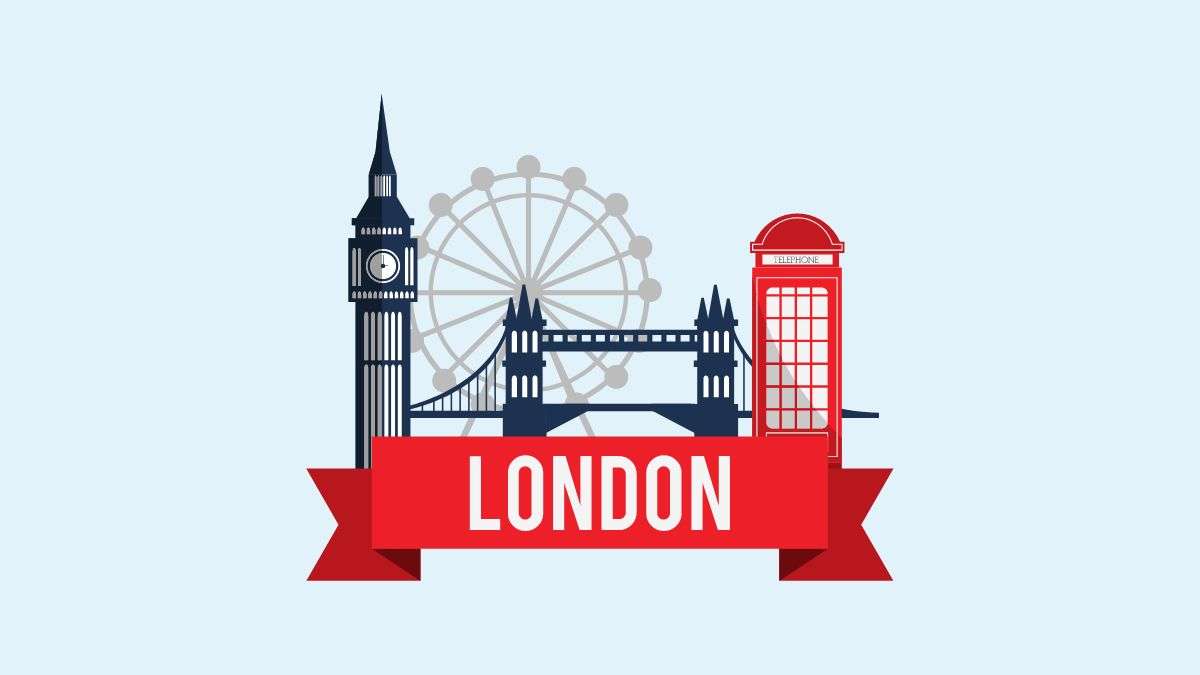Table of Contents
- Introduction
- 1. Penguin Random House
- 2. Bloomsbury Publishing
- 3. Faber & Faber
- 4. HarperCollins Publishers
- 5. Macmillan Publishers
- 6. Hachette UK
- 7. Pearson
- Conclusion
Introduction
London has long been a global hub for the publishing industry, home to some of the world’s most renowned and influential publishers. The city’s rich literary heritage spans centuries, from Shakespeare and Dickens to the modern era of J.K. Rowling and Zadie Smith. The write-up examines seven top publishers in London, each with key influence in the literary and publishing world.
Today, London’s publishing scene is as vibrant and diverse as ever, with a wide range of publishers catering to every genre and audience imaginable. For aspiring authors and avid readers alike, understanding the landscape of London’s top publishers is essential.
These publishers shape the literary world, discovering new talents, nurturing established authors, and bringing groundbreaking works to the public. The write-up examines seven of the most prominent and respected publishers in London, exploring their histories, specialties, and impact on the world of books.
1. Penguin Random House
Penguin Random House resulted from a 2013 merger between two publishing giants, Penguin Books and Random House. With a history dating back to the 1930s, Penguin Random House has become the world’s largest trade book publisher, known for its commitment to quality, creativity, and innovation.
Penguin Random House is home to an impressive roster of authors, including literary legends like George Orwell, Virginia Woolf, and John le Carré, as well as contemporary bestsellers such as Dan Brown, John Grisham, and Paula Hawkins. The publisher has produced numerous award-winning and critically acclaimed works, including The Girl on the Train and The Da Vinci Code.
2. Bloomsbury Publishing
Bloomsbury Publishing, founded in 1986, is known for its diverse publications, including fiction, nonfiction, children’s books, and academic titles. The publisher strongly focuses on literary fiction and is known for discovering and nurturing new talents. Bloomsbury is renowned for its high-quality illustrated books, cookbooks, and sports titles.
Bloomsbury’s most notable impact on the literary world came with the publication of J.K. Rowling‘s Harry Potter series, which revolutionized children’s literature and became a global phenomenon. The publisher has also been instrumental in promoting diversity and inclusivity in the publishing industry, launching the Bloomsbury Diversity Initiative to encourage and support underrepresented voices.
3. Faber & Faber
Established in 1929, Faber & Faber has a rich legacy in British publishing, known for its commitment to literary excellence and its association with some of the most significant writers of the 20th century, including T.S. Eliot, W.H. Auden, and Sylvia Plath. The publisher has played a crucial role in shaping the literary landscape, introducing groundbreaking works, and supporting avant-garde and experimental writing.
Faber & Faber is renowned for its unwavering focus on quality literature. The publisher is dedicated to publishing works of enduring value and artistic merit. The publisher has a strong poetry list and a reputation for discovering and nurturing new literary talents. Faber & Faber’s commitment to the craft of writing and its support for innovative and challenging works have earned it a special place in the hearts of readers and writers alike.
4. HarperCollins Publishers
HarperCollinsPublishers, founded in 1989, is one of the world’s largest publishing companies, with a presence in 18 countries and a catalog of more than 120,000 titles. The company’s global reach and influence have allowed it to discover and promote authors worldwide, bringing readers diverse voices and perspectives. HarperCollins has also been at the forefront of digital innovation in publishing, embracing e-books and audiobooks to reach new audiences.
HarperCollins publishes various books across various genres, including fiction, non-fiction, children’s books, and reference titles. The company has numerous imprints, each with its unique focus and target audience, ensuring a diverse and inclusive publishing program. Some of the most notable HarperCollins imprints include Harper Voyager for science fiction and fantasy, Harper Perennial for literary fiction and non-fiction, and HarperCollins Children’s Books for young readers.
5. Macmillan Publishers
Macmillan Publishers, founded in 1843, is known for its strong focus on educational publishing, producing textbooks, academic journals, and digital learning solutions. The company has been at the forefront of educational innovations, developing interactive platforms and adaptive learning technologies to enhance the learning experience. Macmillan’s commitment to education extends beyond the classroom, with initiatives to support lifelong learning and professional development.
Macmillan Publishers has a strong tradition of partnerships and collaborations. It works with leading educational institutions, research organizations, and technology companies to create cutting-edge learning materials and solutions. These partnerships have allowed Macmillan to stay at the forefront of educational publishing, responding to the evolving needs of students and educators in the digital age. The company has also supported open access initiatives, promoting the free exchange of knowledge and ideas.
6. Hachette UK
Hachette UK, part of the global Hachette Livre group, is one of the UK’s leading publishing companies. It has a diverse portfolio of imprints and subsidiaries, including Headline Publishing Group, Hodder & Stoughton, John Murray Press, Little, Brown Book Group, Octopus Publishing Group, Orion Publishing Group, and Quercus. Each imprint has its distinct identity and focus, allowing Hachette UK to publish various genres and cater to different readerships.
Hachette UK is strongly committed to diversity and inclusion, recognizing the importance of representing various voices and experiences in its publishing program. The company has launched several initiatives to promote diversity, including the Changing the Story program, which aims to increase the representation of people from diverse backgrounds in the publishing industry, and the Future Bookshelf, which supports and develops underrepresented writers.
7. Pearson
Pearson plc, founded in 1844, is the world’s leading learning company, with a strong presence in educational publishing. The company produces various educational materials, including textbooks, digital learning platforms, and assessment tools, catering to students of all ages and levels. Pearson’s dominance in the educational publishing market is built on its commitment to quality, innovation, customer focus, and its ability to adapt to the changing needs of learners and educators in the digital age.
Pearson has transformed significantly from a traditional publishing house to a company integrating digital technologies within the educational landscape. One of Pearson’s key areas of technological advancement has been the development of digital learning platforms. These platforms aim to provide personalized learning experiences through adaptive learning technologies. Adaptive learning algorithms analyze learner interactions and performance to tailor the educational content to the individual’s learning pace and style. This ensures a more efficient and effective learning process for students.

The company has also been exploring using artificial intelligence (AI) and machine learning in its products. AI can be used for tasks such as automating the grading of student work, providing feedback, and even creating personalized learning plans. Machine learning algorithms are also used to improve the functionality of adaptive learning systems over time by analyzing large volumes of educational data.
Conclusion
We have explored seven top publishers in London, an important publishing landscape with a vibrant and diverse array of influential houses. Each of the seven top publishers holds a unique position in the market, known for particular strengths and specialties.
From Penguin Random House’s venerable historical literature and educational texts to Bloomsbury’s scholarly works to Pan Macmillan’s genre-defining fiction, these publishers not only shape the narratives and knowledge shared in society but also demonstrate resilient adaptability to the digital age, whether through ebooks or innovative marketing strategies. HarperCollins stands out for its global footprint and robust investment in digital technologies, while Faber & Faber maintains a prestigious literary tradition laced with artistic integrity.
Collectively, these publishers reflect the industry’s broader trends: a convergence of legacy media and technology, constantly reshaping reader preferences, and the need for sustainability in a competitive and rapidly evolving market. While each publisher follows its path, their shared influence on London’s cultural and intellectual fabric is unmistakable, and their continued vitality remains essential to the global literary community.
